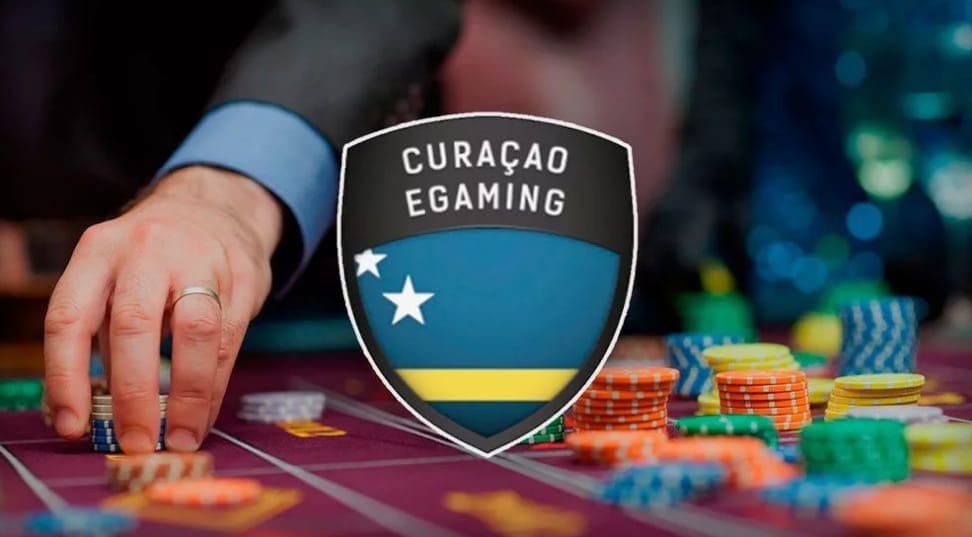Recent reports in various media outlets covering the gaming industry have stirred speculation about alterations to the status of the Curacao National Regulation governing offshore games. This news has prompted a significant reaction within the gambling business community. In response, iGB, a specialized publication, has undertaken a detailed examination of the legislative process in the country's parliament to shed light on the reasons behind the misunderstanding generated by the government's announcement and the media's interpretation.
In early January, inaccurate information surfaced regarding a proposed bill in Curacao that aimed to modify the state's gambling regulations. Despite being submitted to the country's parliament in December, the new bill, known as LOK, faced rejection.
As of now, Curacao operates under the existing National Ordinance on Gambling (NOOGH).
Following the dissemination of misinformation about potential changes to gambling legislation, Javier Silvania, Curacao's Minister of Finance, released a statement denouncing the "misinformation" surrounding LOK. Silvania clarified two crucial points. Firstly, he cautioned the media against spreading inaccurate information, and secondly, he affirmed that the licensing process of the Curacao Gaming Control Board (GCB) remains unaffected.
The iGB publication has taken the initiative to delve into the intricacies of the legislative process in the country, aiming to elucidate how new laws navigate the path to parliamentary approval.
Why LOK Faced Rejection: Unraveling the Legislative Process
The demise of the LOK bill in Curacao can be traced back to a standard legislative procedure that precedes any submission to the Parliament of Curacao. Before reaching Parliament, proposed bills are scrutinized by the Council of Consultants, a constitutional advisory body tasked with providing recommendations on legislation and administrative measures to the Government and Parliament of Curaçao.
On June 12, 2023, the Ministry received a response from the Council regarding the LOK bill, signaling that the legislation could not progress to Parliament. This response, containing language implying the bill's non-submittal, was made public on January 3, 2024.
The discrepancy that led to the incorrect message in January may be attributed to the wording used by the Council. Reports and speculations about the LOK and potential changes in gambling legislation appear to have been exaggerated. In the words of Mark Twain, "Reports of my death have been greatly exaggerated."
As previously mentioned, the Minister of Finance confirmed that the LOK was indeed presented to Parliament in December, six months after the Council's response. Subsequently, the project underwent revisions, incorporating the recommendations of the Council of Consultants. Since the Council's response is an integral part of the legislative process, it is reasonable to assume that the entirety of the response was included in the draft submitted to Parliament.
iGB sought the perspective of Aydin Short, an adviser to Curaçao's finance minister, on the misrepresentation. Short echoed the minister's earlier statement, emphasizing that only the Treasury serves as an official source of information. Short also criticized the proliferation of misleading conclusions, highlighting the importance of critically evaluating online publications for source credibility and material quality. She questioned the widespread resonance of information about a bill that hadn't even undergone a vote, underscoring the inherent dangers of misinformation in today's interconnected world.
Legislative Process and Timing for New Laws in Curacao
The introduction of a new bill into the Curacao Parliament involves a series of sequential stages. Initially, the bill is presented to a select group of members of parliament for a thorough evaluation, marking a period that government ministers have described as a time for "vigorous and insightful" debate, as indicated in a statement released last week.
Following this initial stage, the crux of the parliamentary process unfolds. The bill undergoes a presentation phase, during which members of parliament pose questions and seek clarification on the law's subject matter. Subsequently, a second presentation and debate occur, incorporating insights and feedback gathered from the initial round of discussions. Only after the completion of this second round is the bill subjected to a vote by parliamentarians.

Curacao Gambling Licenses
The Curacao Gaming Control Board administers two categories of licenses: main and sublicense. Both licenses encompass a wide array of gambling activities, including casino games, sports betting, bingo, and poker. Presently, only four companies hold primary licenses on the island, namely Cyberluck Curacao NV, Gaming Curacao, Curacao Interactive Licensing NV, and Antiillephone NV.
For operators desiring to commence operations registered in Curacao, obtaining a sublicense is mandatory. This document grants the privilege to conduct gambling activities in significant regions such as Europe, India, Australia, and South America, particularly in the online casino sector. It is important to note that under a Curacao sublicense, operating in regions like the UK, USA, and the Netherlands is prohibited. Despite this restriction, Curacao licenses remain highly sought after due to their ease of acquisition and the nation's strict adherence to responsible gaming regulations.
Any potential increase in the complexity of the licensing process or alterations to gambling laws could have adverse effects on both current license holders in the island nation and prospective businesses seeking authorization. Therefore, the official refutation of information regarding legislative changes in Curacao is considered positive news for stakeholders in the gambling industry.









